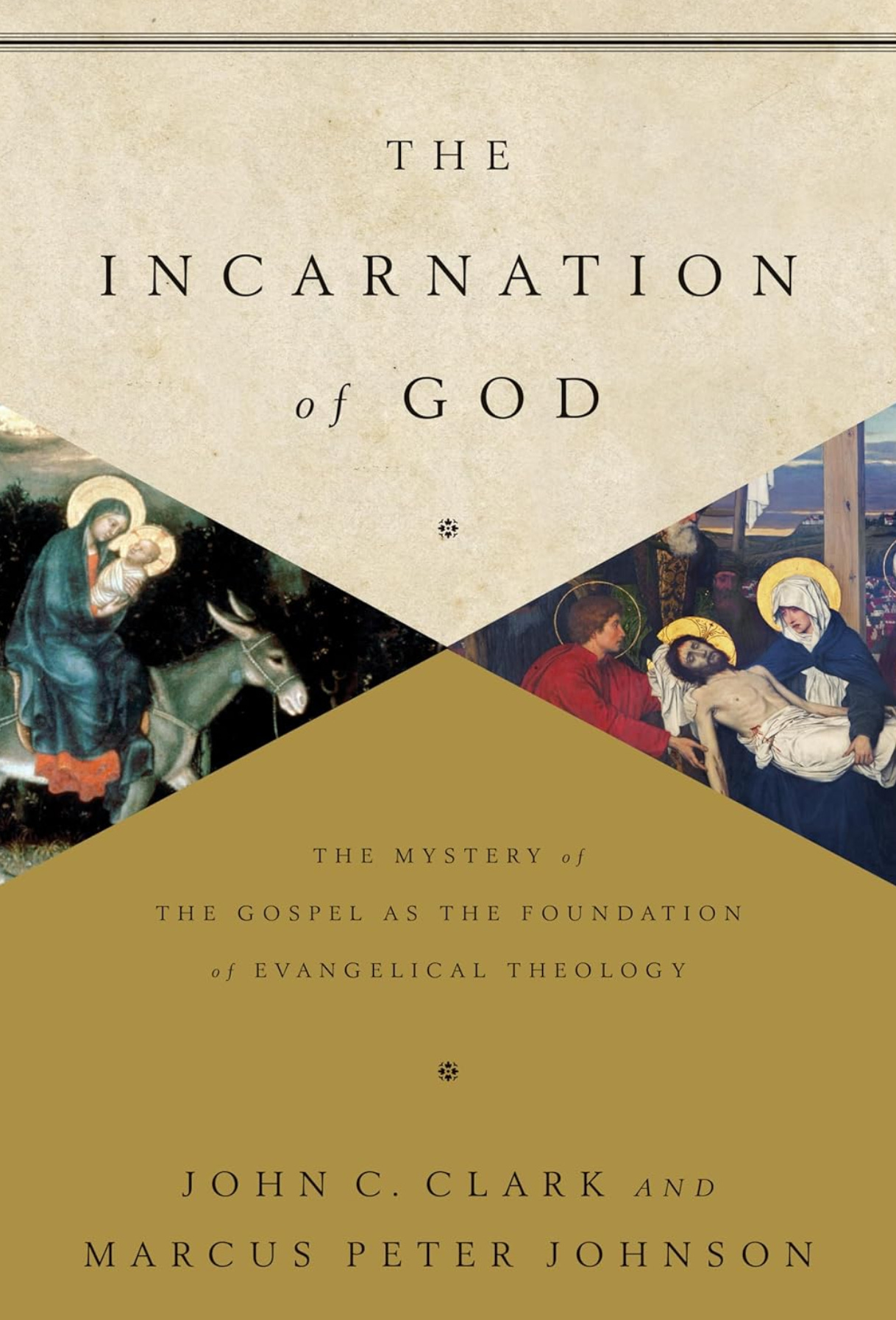God made him to be sin for us.
A call to worship.
Themes
Incarnation • Sinful flesh • Human nature • The power of sin • Redemption • Scandal • Condemnation • Salvation
God’s condemnation was not a transaction on legal paper; it was in the very flesh of Jesus Christ. He became sin for us. And, so, He didn’t achieve our salvation; He became our salvation. By putting on our sinful flesh, He made it His own; by making it His own, He made it sinless.

Scripture reading
Romans 8:3 2 Corinthians 5:21
This call to worship1 comes from the Apostle Paul, who has done more to help us understand the meaning of incarnation—of God born human—than any other person in the history of the Church.
Paul writes the following to his friends in Rome and in Corinth:
God has done what the law, weakened by the flesh, could not do. By sending his own Son in the likeness of sinful flesh, He condemned sin in the flesh. God made Him who had no sin to be sin for us, so that in Him we might become the righteousness of God.
Prayer
God and Father in Heaven, by the power of Your Holy Spirit, a young girl conceived a child. And in that moment, the line of descent from Adam was eternally interrupted. And across nine months of gestation, Your Son became enfleshed — enfleshed with fallen organic matter and structure, assuming for Himself our cells, our neurons, our muscle fibers, our tissue, our bone marrow, our DNA. And so it was that You invaded the stream of human heredity. In this mystery called incarnation, Your beloved Son took the state we were in and made it His own: a state of condemnation, a state of corruption, disease, and alienation. He assumed the only kind of human nature that existed — the kind that needed redeeming. He took on sinful flesh. And so it was that Your redemption of us began with a scandal: God the Son, wrapped in swaddling clothes, invading and embracing fallen human nature — our nature. Why, God, did He go so far? Your longing for us to be with You, in all the ways You created us to be, required it. It required the depths of our fallen human existence to be thoroughly penetrated — a human existence that was reigned over by death, fallen and shattered into pieces, and estranged from God. It required an attack on sin — sin that was so deep within us — an attack that would be capable of cleansing corruption at its very root. And so the power of sin, rooted deep within our fallen nature, did not remain untouched. This was incarnation. Your condemnation, God, was not a transaction on legal paper; it was in the very flesh of Jesus Christ. He became sin for us. And so He didn’t simply achieve our salvation; He became our salvation. He became our righteousness, our sanctification, our redemption. He penetrated the depth of our darkness. He seized our ruined and wrecked humanity and He made it his own. And He re-created and reoriented it by taking it to Himself — taking it into the very life of God. Because of His incarnation, Father, we are no longer fallen pieces; we are reassembled and framed again. We are no longer shattered; we are set back up again. We who have been estranged are once more your very own. Father, we do not have an impersonal asset called salvation on our balance sheet. Instead, You have given us — and we have received — the life-giving, life-transforming, fully-participatory Christ himself. By putting on our sinful flesh, He made it His own; by making it His own, He made it sinless. Your beloved Son, Father… He was not an external influence, an instructive and inspiring model of suffering and love, or a motivational example. He was God incarnate. He assumed human nature — human nature in actual need of salvation. Help us this morning to grasp the implications of Your incarnation. And enable that understanding to transform us. In the name of the one who sinlessly assumed our sinful flesh in the womb of Mary, who started from where we start and then, subjected to all the same evil pressures we have, and using the altogether unpromising and unsuitable material of our corrupt nature, worked out a sinlessly perfect obedience while bearing our sinful flesh all the way to the cross. In His name, the name of Jesus Christ, Amen
Inspiring resources
A call to worship creates wonderment, amazement, curiosity, yearning, captivation, provocation, hopefulness, thankfulness, affection, rapture, delight. As these mix together, the response is worship.
If this call to worship leaves you wondering or curious or provoked or hopeful, consider diving into this awesome book that inspired me to write this call to worship.
This call to worship was given to the small assembly of Christians that gathered in Pathway Church, Beaverdam, Michigan, on Sunday, December 19, 2021.



I loved the styling and word choices - "invading the stream of human heredity" and "seized our human and wrecked humanity." Great implications and word pictures for the incarnation throughout to prepare people for worship.
M. Lewis